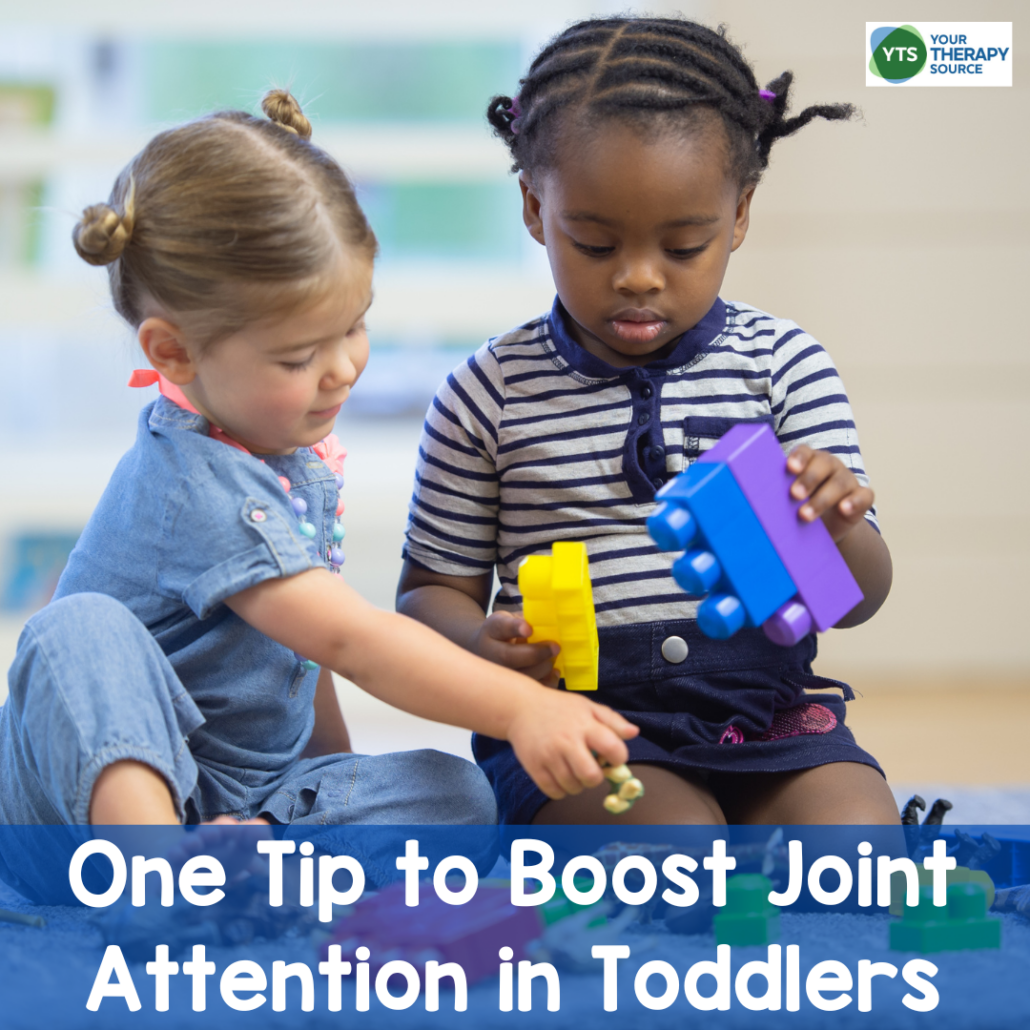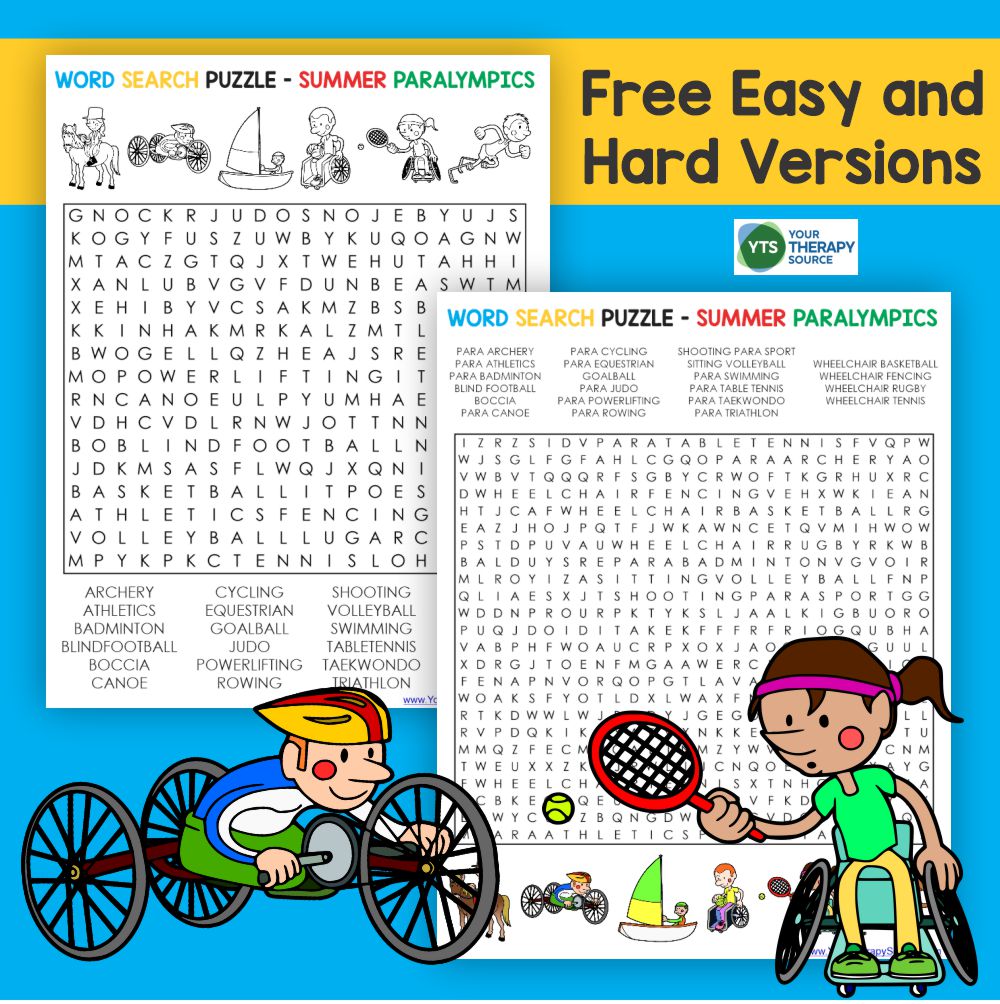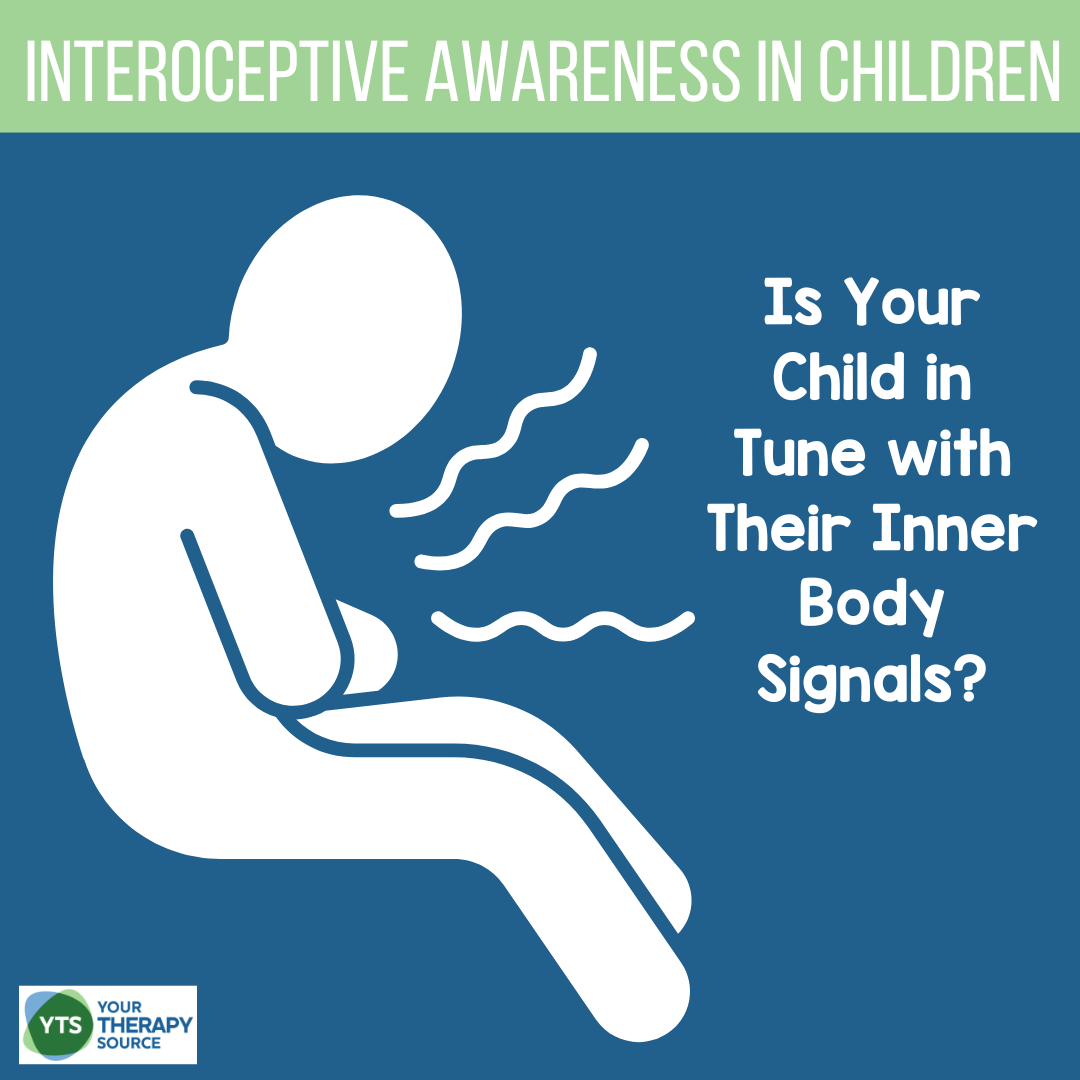Tablet Trouble: How Digital Play Impacts Toddler Social Interactions
Understanding how digital play affects toddlers’ social interactions is crucial, especially in an age where tablets and smartphones are integral to daily life. Recent research reveals startling insights into how these digital activities might be shaping young minds and behaviors. Could your toddler’s favorite tablet game be hindering their ability to engage and communicate effectively? Discover what the latest studies say about joint attention and screen time. Learn practical strategies to support your child’s social development amidst the digital age.
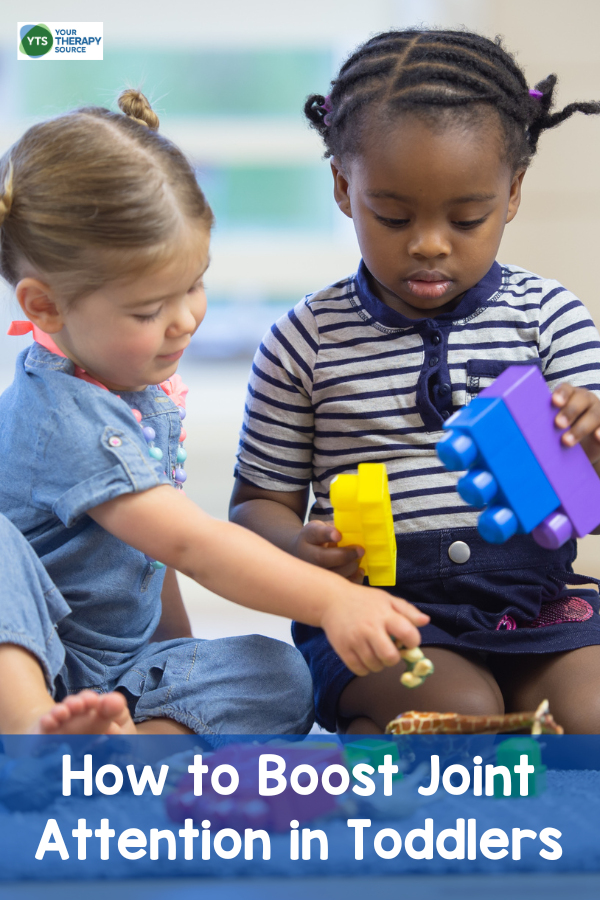
What is Joint Attention in Toddlers?
Joint attention is the shared focus of two individuals on an object. It is achieved when one individual alerts another to an object through eye-gazing, pointing, or other verbal or non-verbal indications. This shared experience is vital for the formation of shared awareness, which supports language development and is critical for cognitive, linguistic, and emotional growth.
Stats About Screen Time and Toddlers
The format of media use has significantly changed over the last 20 years, shifting from centralized TV use to personalized handheld tablets and smartphones. The American Academy of Pediatrics discourages all screen time before 18 months and recommends parental involvement from 18 to 24 months. Despite these recommendations, tablets and smartphones have become increasingly popular among young children, allowing them to direct actions, view content, play with digital toys, and engage in games.
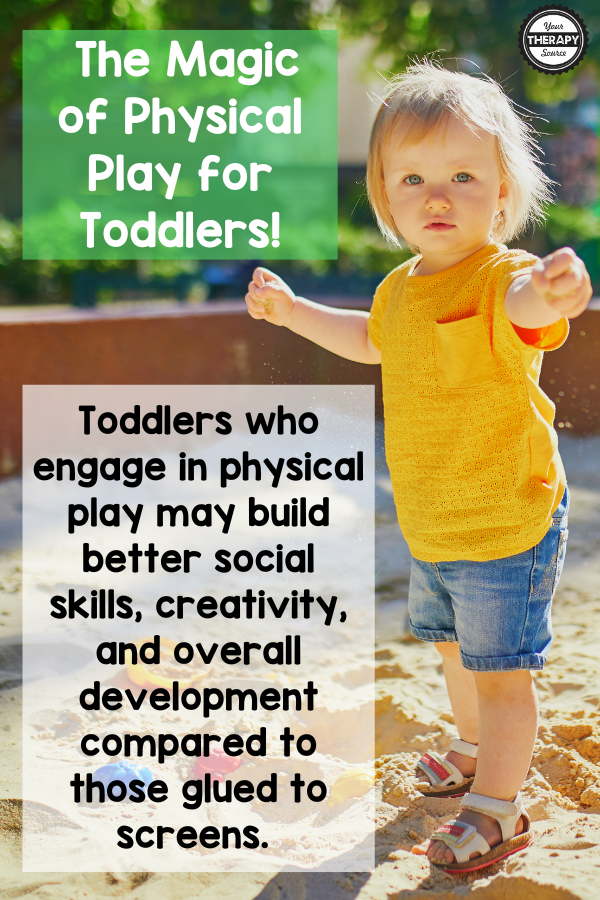
What Does the Research Say About Joint Attention Skills and Screen Time in Toddlers?
Recent studies have assessed the association of tablet media content with toddlers’ responses to joint attention prompts and behavioral requests. Conducted in a behavioral research lab with 63 neurotypical toddlers aged 18-32 months, the research compared interactions during real toy play and three types of tablet content. The key findings revealed that toddlers responded to fewer joint attention prompts and took longer to acknowledge behavioral requests during tablet game play.
How Does Decreased Joint Attention Skills Affect Social Skills in Toddlers?
Decreased joint attention skills can significantly impact social skills in toddlers. Joint attention is crucial for the development of shared awareness and language skills. When toddlers have less joint attention, they may struggle with forming social connections and communicating effectively. The study found that toddlers who spent more time on tablets had reduced responses to joint attention prompts, leading to difficulties in social-communicative interactions and hindering cognitive and emotional development.
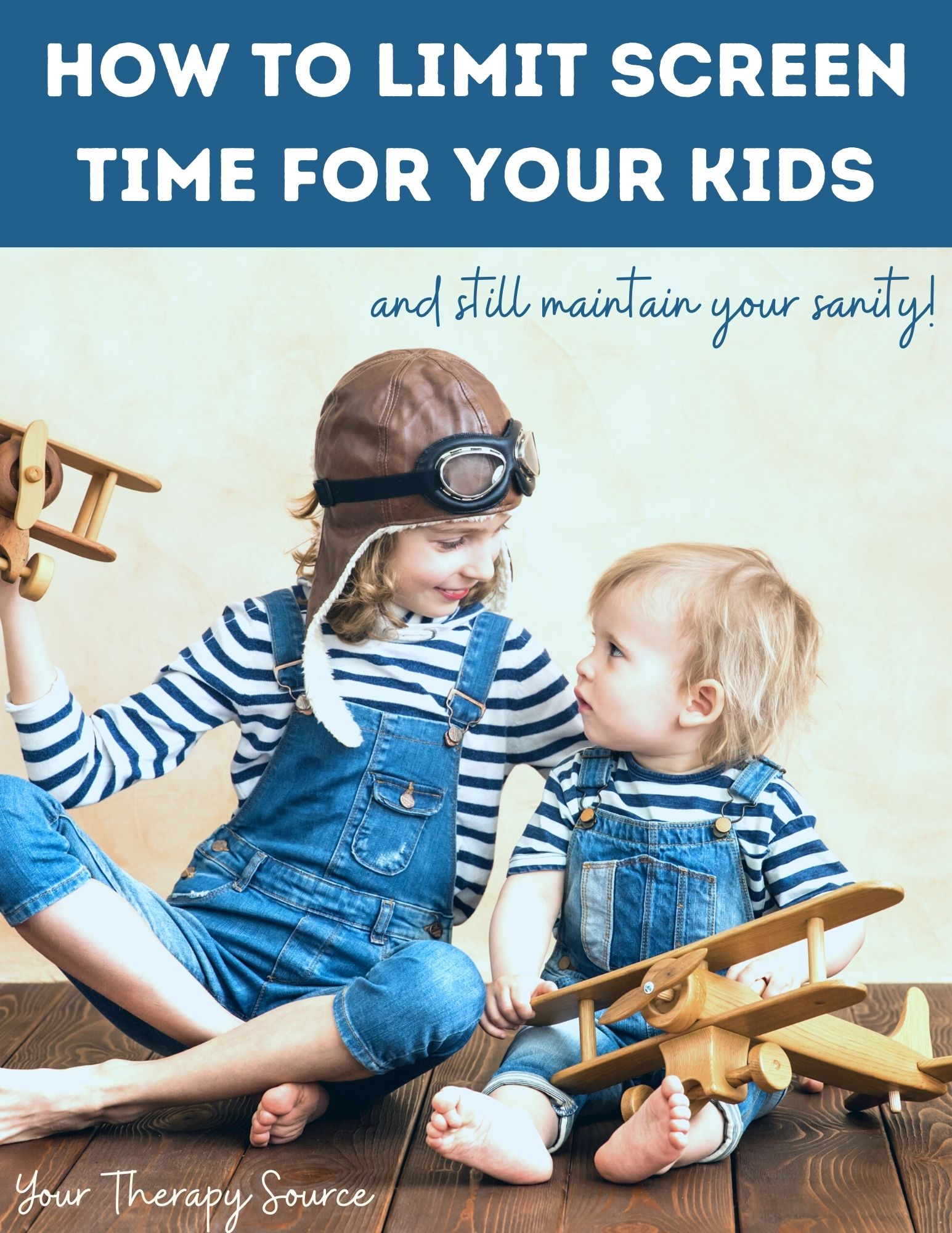
How to Reduce Screen Time for Kids Ebook
What Can Parents Do to Help Their Toddlers?
Parents can take several steps to limit tablet use and encourage real-life play and social interactions. Here are some practical tips and examples of joint attention activities for toddlers:
- Set Screen Time Limits:
- Limit screen time to no more than 1 hour per day for toddlers aged 2-5.
- Avoid screen time for children under 18 months, except for video chatting.
- Encourage Real-Life Play:
- Provide a variety of physical toys that stimulate creativity and interaction.
- Schedule regular playtimes with peers and family members.
- Engage in Joint Attention Activities:
- Reading Books Together: Take turns pointing to pictures and naming objects.
- Playing with Blocks: Build structures together and discuss what you’re making.
- Interactive Games: Play peekaboo, hide and seek, or Simon says to encourage shared attention.
- Outdoor Activities: Explore nature, pointing out and naming plants, animals, and other objects.
- Art and Crafts: Create simple crafts together, sharing materials and discussing the process.
- Model and Reinforce Communicative Behaviors:
- Use eye contact, gestures, and facial expressions to engage your toddler.
- Praise and encourage your child when they respond to joint attention prompts.
- Create Screen-Free Zones and Times:
- Designate certain areas of the house, like the dining room, as screen-free zones.
- Implement screen-free times, such as during meals and before bedtime.
By implementing these strategies, parents can promote healthier social and communicative development in their toddlers. Balancing screen time with real-life play is essential for toddlers’ social-communicative development. While tablet games may hinder social interactions, mindful media use and promoting real-life interactions can foster healthier social and cognitive development. Parents should be proactive in managing digital content exposure and creating a balanced media environment for their children.
Further Reading and Resources
For more information on screen time and child development, explore these resources:
- Excessive Screen Time
- Screen Time and Young Children: Are Today’s Children Ready for School?
- Screen Time and Sensory Processing
- Preschoolers, Screen Time, and Motor Development
- Outdoor Activities for Toddlers
- 50 Proprioceptive Activities for Toddlers
By understanding the impact of digital play and implementing practical strategies, parents can help foster healthier social and cognitive development in their toddlers.
What Should You Do If Your Child Continues to Struggle with Too Much Screen Time?
If you think your child is struggling with too much screen time and it is affecting their developmental skills, such as joint attention, it’s important to take proactive steps to address the issue. Consider consulting with a pediatric occupational therapist who can help your child learn how to engage in play activities that promote social interaction and attention skills. A play therapist can also be beneficial, offering structured play sessions encouraging communication and joint attention. Additionally, gradually reducing screen time while introducing engaging, hands-on activities can help ease the transition. Encouraging outdoor play, interactive games, and activities that require shared attention, such as reading together or building with blocks, can further support your child’s development and reduce their reliance on digital devices.
Reference
Webb, S. J., Howard, W., Garrison, M., Corrigan, S., Quinata, S., Taylor, L., & Christakis, D. A. (2024). Mobile Media Content Exposure and Toddlers’ Responses to Attention Prompts and Behavioral Requests. JAMA Network Open, 7(7), e2418492-e2418492.
